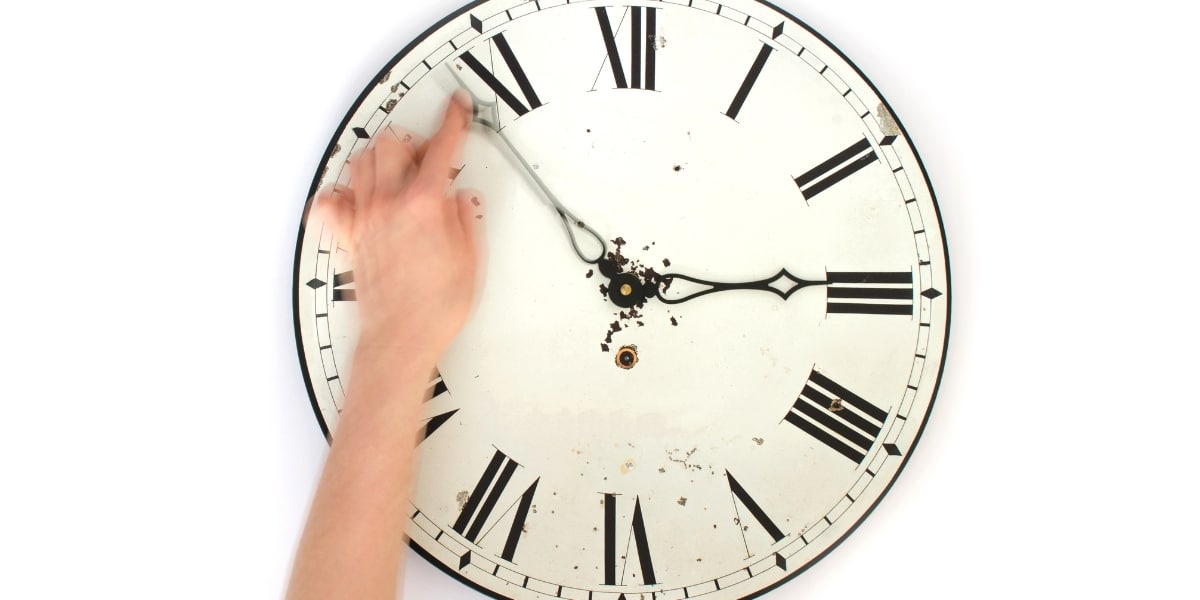Content
Every year, the transition to daylight saving time or the return to winter time, is the subject of much discussion and concern.
By moving our clocks forward or back, we’re not only changing our schedules, we’re also disrupting our internal biological clocks. But what exactly are the effects of these changes on our health?
In this article, we’ll explore the health impact of the time change to provide you with essential information and practical advice to minimize the inconvenience associated with this biennial transition.
Whether you’re sensitive to changes in routine or simply curious about the implications for your well-being, stay with us to find out what you need to know about this current time topic.
Understanding the time change principle and its history
Visit time change was introduced during the First World War to save energy by extending sunny evenings. The idea was to better correspond to the hours of natural lightthus reducing the need for artificial lighting.
This concept, adopted by many countries, alternates between summer and winter time. Although its usefulness is questioned today, this practice changes the clocks twice a year, advancing one hour in spring and retreating in autumn to return to standard time.
Effects of time change on circadian rhythm and sleep quality
The changeover to summer or winter time disrupts our sleep. biological clockwhich regulates the circadian rhythm. This causes a desynchronization between our environment and internal signals, thus affecting the quality of sleep.
An hour’s advance or delay may seem minor, but it can be enough to cause sleep disorders. These changes can lead to difficulty in falling asleep, night-time awakenings or unrefreshing sleep, all of which have a negative impact on our daily well-being.
Potential consequences for mental and physical health
Time change can disrupt the internal clock, leading to adverse effects on both mental health as well as physical. Studies suggest a correlation between this disruption and an increase in cases of seasonal depression, anxiety and chronic fatigue.
On a physical level, sleep disruption can weaken the immune system, increasing the risk of infections. Sleep disorders can also have a negative impact on heart disease and metabolism.
- Seasonal affective disorder
- Increased anxiety
- Increased risk of infections
- Impact on cardiac disorders
- Effects on metabolism
Practical tips for adapting to the time change and minimizing negative impacts
To mitigate the effects of the time change on our bodies, it’s advisable to gradually modify our sleep schedules. Start by going to bed and getting up 15 minutes earlier or later, as the case may be, a few days before the switch to summer or winter time.
Exposure to natural light in the morning can help readjust the internal clock. It’s also beneficial to maintain a regular routine, avoid caffeine and screens before bedtime, and engage in relaxing activities such as reading or meditation.
The health consequences of the time change
The practice of changing the clocks, although firmly rooted in our routines, can have significant repercussions on our well-being. It is essential to realize that the biological adjustments required by this temporal upheaval are not trivial. So it’s crucial to prepare for these transitions, and to know how to mitigate their effects.
Adopting good sleep hygiene and remaining attentive to the signals sent by our bodies are simple but effective measures for maintaining physiological balance. Vigilance is essential, especially for vulnerable populations such as children, the elderly or those suffering from sleep disorders.
Symptoms such as daytime sleepiness or mood disturbances may indicate a difficult adjustment to the new schedules. It is therefore advisable to adopt the new rhythm gradually, anticipating the time change a few days before it takes effect, and showing flexibility in daily activities.
Practices that promote relaxation, such as meditation or light physical exercise, can also help with adaptation. In short, although the debate on the usefulness of the time change persists, it is undeniable that this event has a positive impact on our daily lives. health impact which deserves our attention.
Getting informed and implementing personal adaptive strategies are important steps in protecting our environment. health and ensure a smoother transition to summer or winter time.







